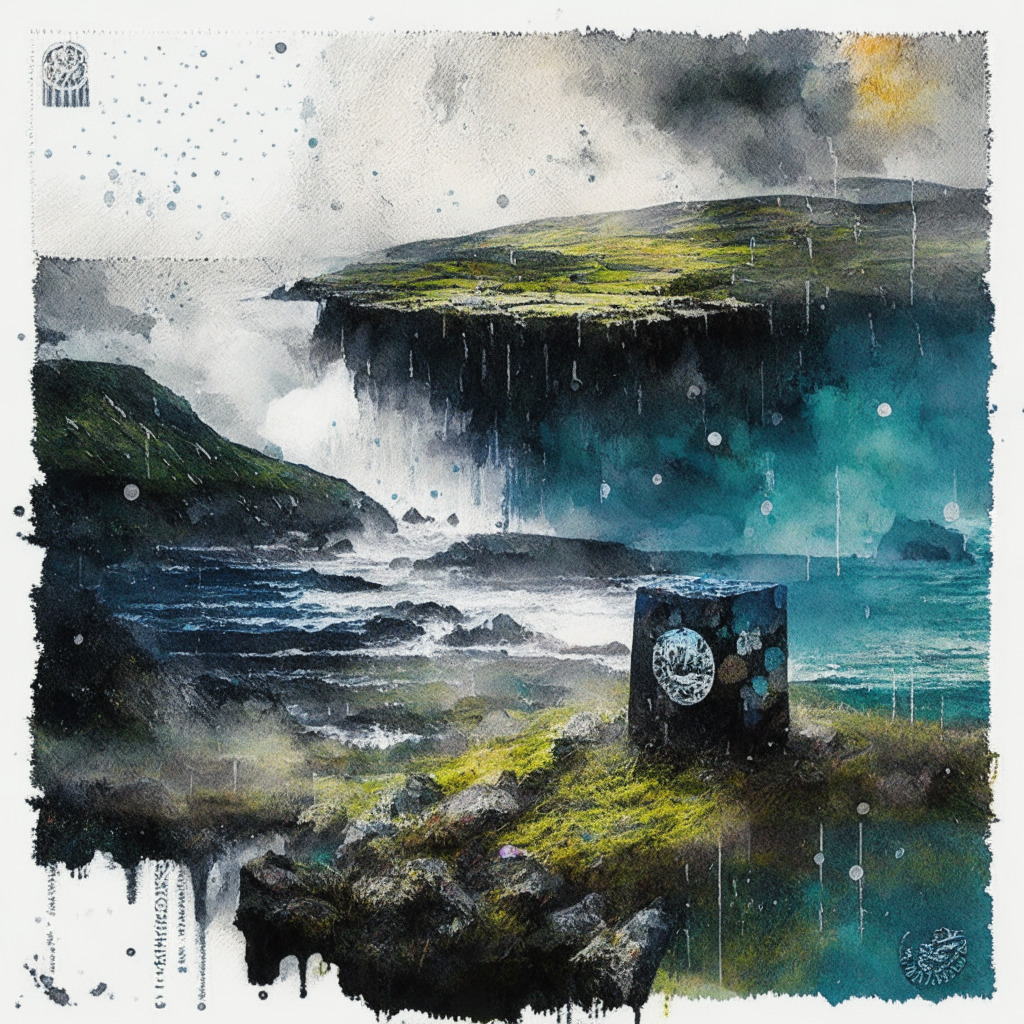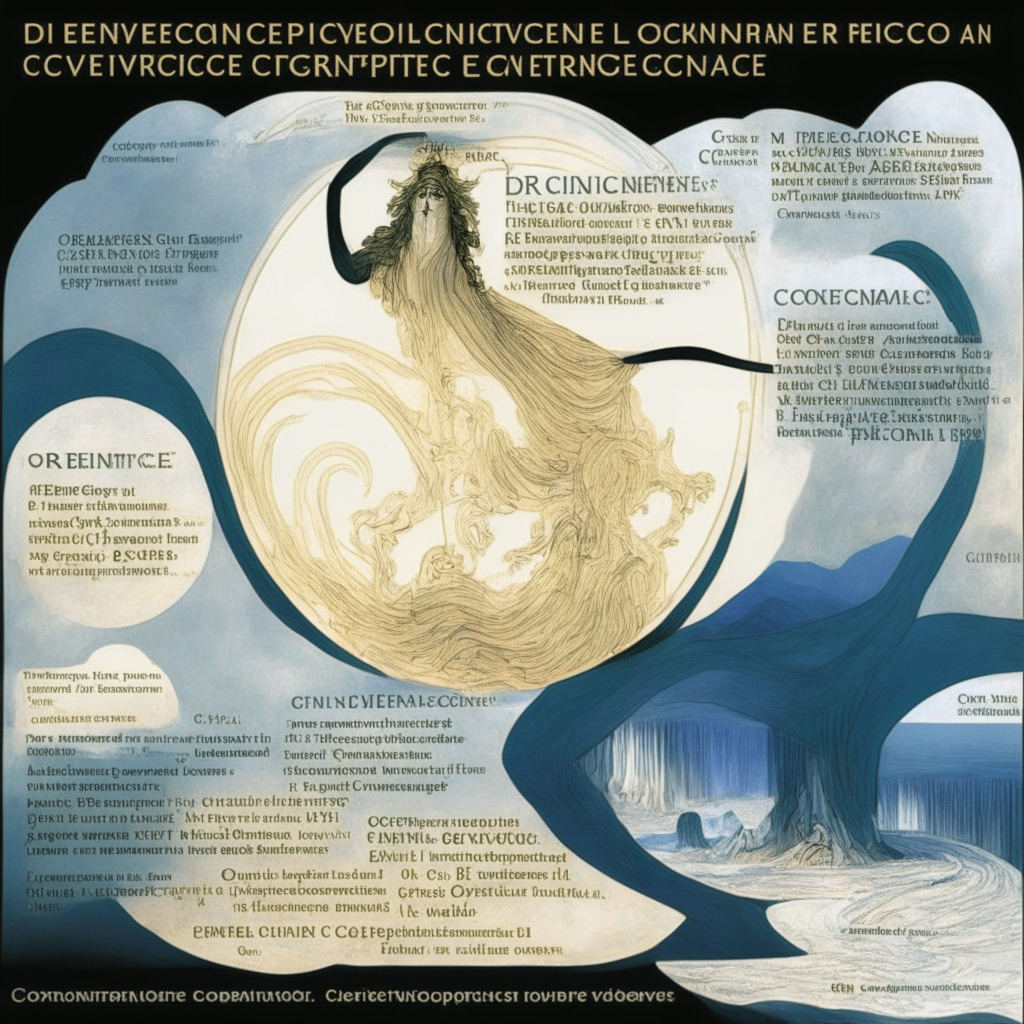The Faroe Islands have taken an innovative step in postal services by issuing a new series of digital stamps, known as “crypto stamps.” These stamps come with a nonfungible token (NFT) stored on the blockchain while still serving as actual postage. The Posta Faroe Islands recently announced the issuance of their first collection of crypto stamps entitled “Stamps of Maybe” in collaboration with VariusSystems.
The implementation of blockchain technology into postal services creates unique opportunities for both the service provider and the users. Each physical stamp has a digital version stored on the blockchain, giving users a sense of creative involvement in the stamp’s creation, which adds to its rarity. According to Michael Dorner, the CEO of VariusSystems, the interest in NFT stamps and the adoption of blockchain technology has the potential to help businesses grow and stay ahead of the curve.
The Faroe Islands’ collection connects the stamps to a local Faroese weather station, Veðurstova Føroya. The real-time weather data present during the stamp’s activation contributes to the appearance of the digital stamp version. This melding of physical and digital properties presents an interesting twist to stamp collecting – a concept known as philately.
However, the Faroe Islands are not the first to bring blockchain technology into postal services. PostNL and the Austrian Post Office (PostAG) have also issued NFT crypto stamps. With PostAG’s first editions launching in 2019 on the Ethereum blockchain, this incorporation of NFT technology into stamp collecting has been referred to as the “collector 3.0.”
While many perceive NFTs as a positive development, not everyone views it as the best solution or the key to a brighter future. Critics argue the negative implications of NFTs and blockchain’s environmental impact. The NFT market, much like the entire blockchain system, consumes a significant amount of energy, which may hinder the worldwide push for lower carbon emissions and greener practices.
Moreover, there are concerns for unregulated NFT marketplaces, along with the potential for scams, hacks, and theft. NFTs are a relatively new and experimental technology, and as a result, their long-term future and stability remain uncertain.
In conclusion, the recent introduction of NFT-embedded stamps by the Faroe Islands postal service showcases an innovative and potentially disruptive approach to the world of postal services and philately. However, critics argue that the risks and the environmental impact of NFTs should not be dismissed. The future of NFTs is uncertain, but the current implementations into postal services provide another opportunity to assess and debate the pros and cons of this technology.
Source: Cointelegraph




